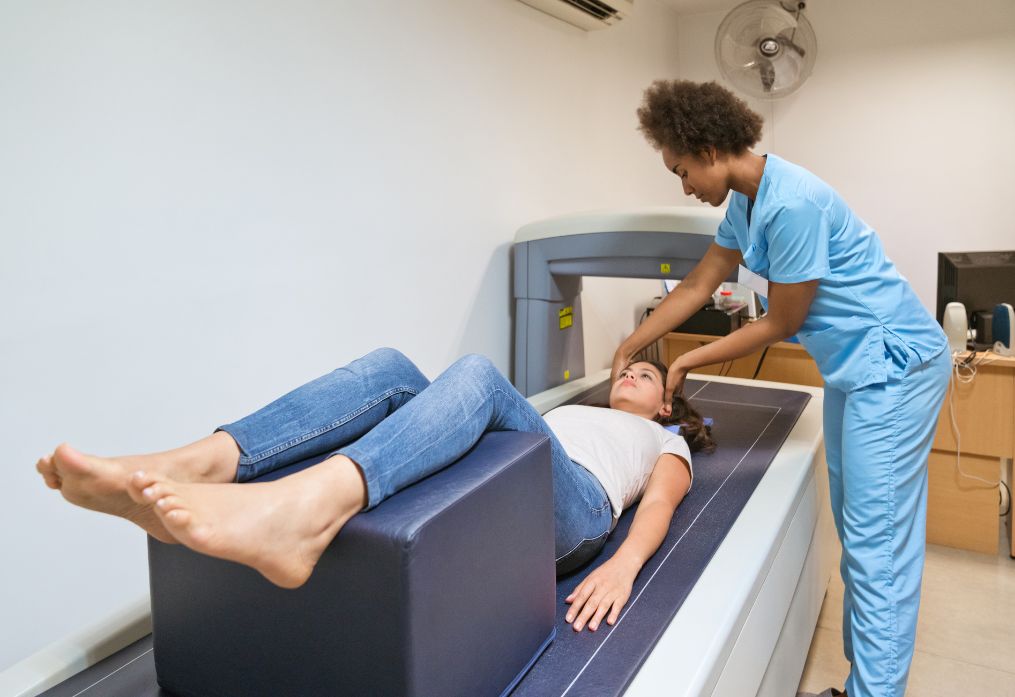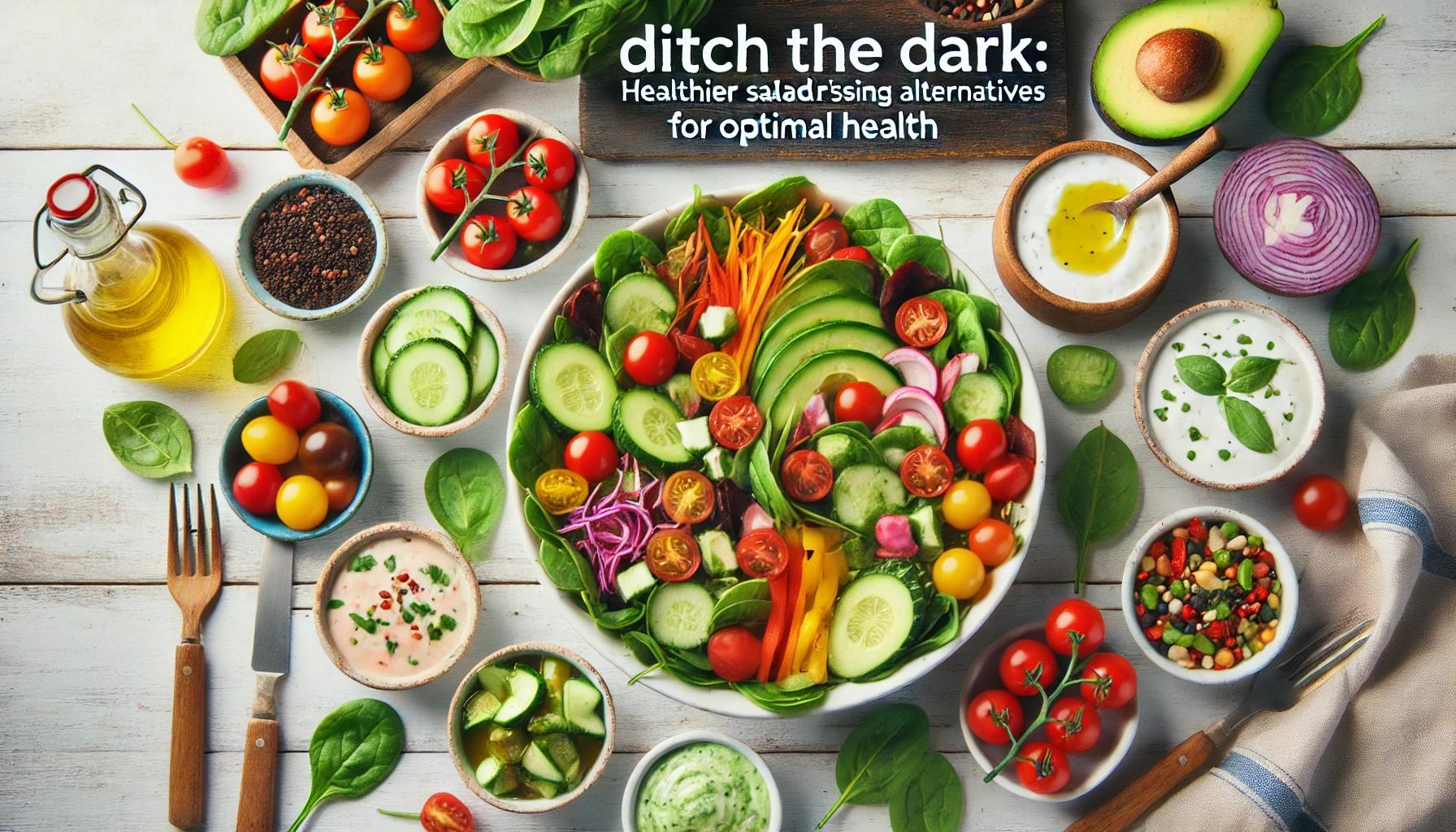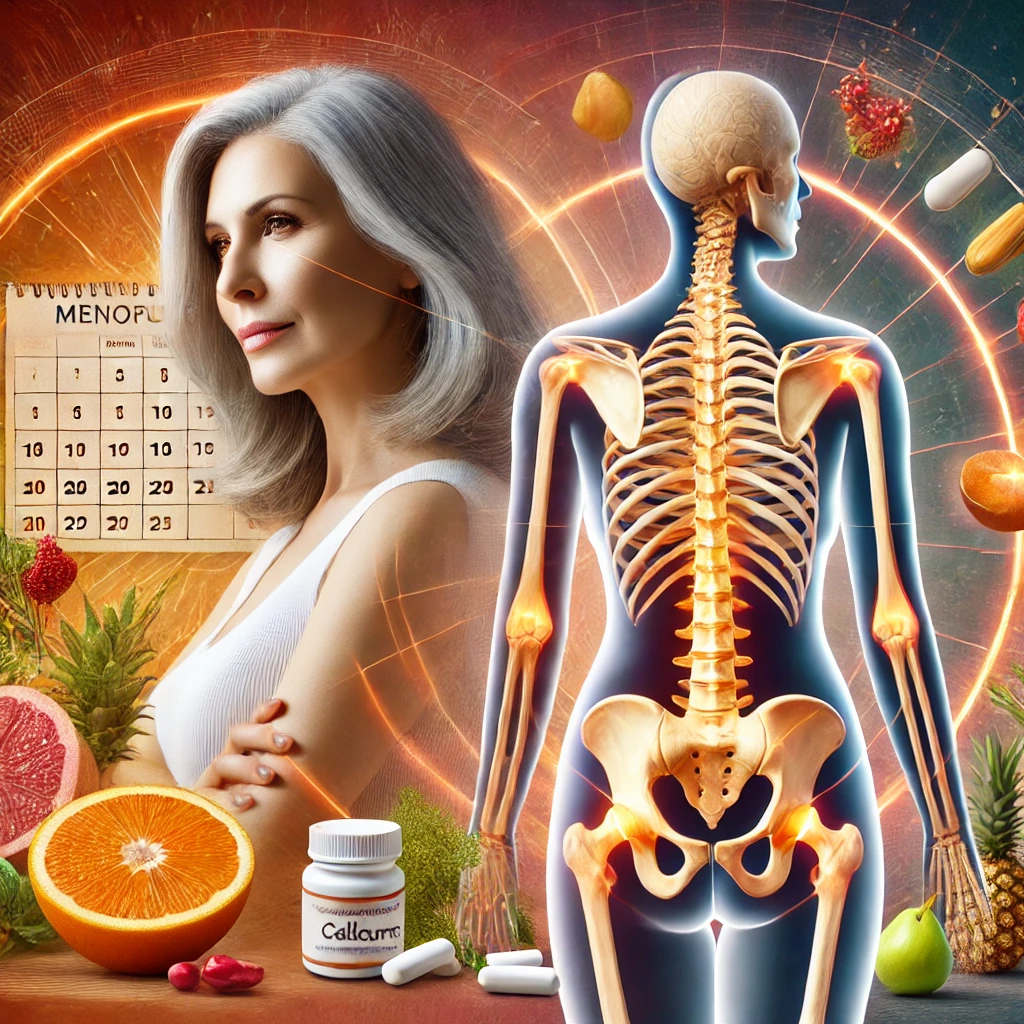Introduction: Maintaining strong bones is crucial for overall health and quality of life, yet it’s often overlooked until issues arise. One of the most effective ways to assess bone health is through a bone density test. This non-invasive procedure provides valuable insights into bone strength and helps identify potential risks for osteoporosis. In this blog post, we’ll delve into the importance of testing your bones, when to consider getting tested, what the test entails, and how to improve bone density through lifestyle choices.
The Importance of Bone Density Testing: These tests play a pivotal role in preventive healthcare, as they can detect early signs of bone loss and assess fracture risk. Osteoporosis, characterized by low bone density and increased susceptibility to fractures, often goes unnoticed until a bone breaks. By undergoing regular bone density screenings, individuals can take proactive steps to preserve bone health and mitigate the risk of debilitating fractures in the future.
When to Get Tested: Other risk factors such as family history, lifestyle choices, and certain medical conditions can influence the timing of getting tested, although age remains a significant factor. Generally, women over 65 years old and men over 70 should consider getting a bone density test. However, individuals with specific risk factors or those taking medications known to affect bone health may need testing at a younger age.
Understanding the Test: Dual-energy X-ray Absorptiometry (DEXA or DXA) is the most commonly used test. This painless and quick procedure involves lying on a table while a scanner passes over the body, usually focusing on the hip and spine. The test measures bone mineral density (BMD) and provides a T-score, which compares bone density to that of a healthy young adult. A T-score of -1 or above indicates normal bone density, while scores between -1 and -2.5 suggest osteopenia (low density) and scores below -2.5 indicate osteoporosis.
Improving Bone Density through Diet and Exercise: Maintaining optimal bone density requires a holistic approach that includes a balanced diet rich in calcium, vitamin D, and other essential nutrients. Fruits like oranges and vegetables like broccoli provide calcium, while fortified foods and supplements can ensure adequate vitamin D intake. Additionally, incorporating protein-rich foods such as lean meats, beans, nuts, and seeds supports bone health.
| Fruits | Vegetables | Meats | Fish | Nuts and Seeds |
|---|---|---|---|---|
| Oranges | Broccoli | Chicken | Salmon | Almonds |
| Apples | Spinach | Turkey | Tuna | Walnuts |
| Kiwi | Kale | Beef | Sardines | Flaxseeds |
| Berries | Brussels Sprouts | Pork | Mackerel | Chia Seeds |
| Pineapple | Collard Greens | Lamb | Cod | Pumpkin Seeds |
| Grapes | Swiss Chard | Bison | Trout | Sesame Seeds |
| Papaya | Bok Choy | Venison | Halibut | Sunflower Seeds |
| Mango | Arugula | Duck | Haddock | Hemp Seeds |
| Pomegranate | Turnip Greens | Quail | Anchovies | |
| Watermelon | Mustard Greens | Rabbit | Tilapia | |
| Beet Greens | ||||
| Cabbage | ||||
| Sweet Potatoes | ||||
| Carrots | ||||
| Butternut Squash | ||||
| Pumpkin | ||||
| Tomato | ||||
| Bell Peppers | ||||
| Onions |
If bone density is low, a diet rich in calcium and vitamin D becomes even more crucial. Leafy greens, dairy products, and fortified foods are excellent sources of calcium while spending time outdoors for sunlight exposure aids in vitamin D synthesis. Furthermore, reducing alcohol and caffeine consumption and avoiding smoking can help preserve bone density.
Conclusion: Regular bone density testing is a vital component of preventive healthcare, enabling early detection of bone loss and fracture risk. With the insight provided by these tests, individuals can take proactive steps to preserve bone health through dietary adjustments, adequate nutrient intake, and regular exercise. By prioritizing bone health and adopting lifestyle habits that support it, individuals can enjoy a higher quality of life and reduce the risk of debilitating fractures as they age. Remember, it’s never too early to start caring for your bones! #bonehealth, #osteoporosis, #bonedensitytest, #nutrition, #diet, #healthyeating, #calciumrichfoods, #ViitaminD, #exercise, #treventivehealthcare









